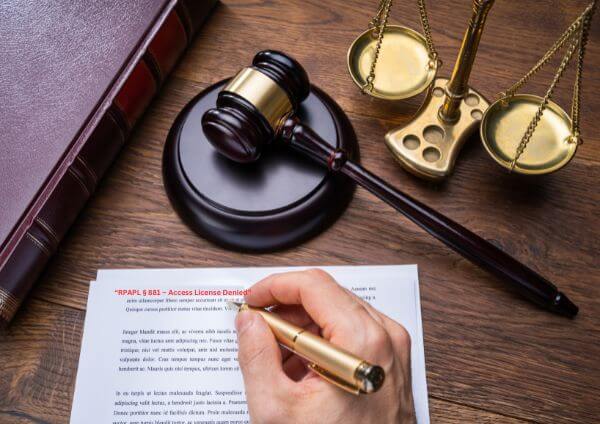Facing challenges accessing a neighboring property? It’s a common issue for many property owners and developers in New York. So, what should you do in such situations? Whether it involves new construction, maintenance, or utility work, establishing a clear access agreement is essential to prevent disputes and protect your property rights.


